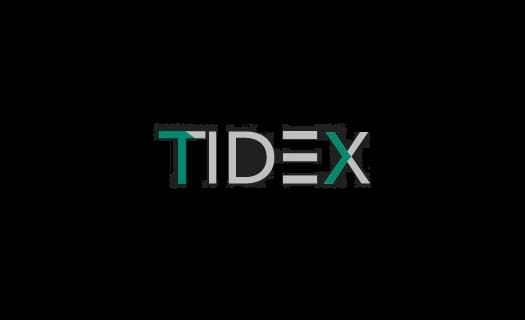How Much Do Bitcoin ETFs Actually Matter? Glassnode Investigates
U.S. Bitcoin spot ETFs have absorbed $12.3 billion of net inflows since launching three months ago. Just how much have they impacted the broader Bitcoin market?
Lead Glassnode analyst James Check provided analysis on Wednesday measuring the effect of Bitcoin ETFs next to the asset’s existing futures and spot markets – using on-chain data.
Grayscale And Long Term Holders
The analyst began by examining the Grayscale Bitcoin Trust (GBTC) – the sole new Bitcoin ETF that’s suffered massive and consistent outflows since January 11.
The fund has lost roughly 300,000 BTC since that time, close to half of its total holdings. However, the rising value of the existing BTC on its balance sheet has meant its net asset value has only declined from $28.7 billion to $23.1 billion, leaving plenty more room for sell-side pressure from the fund.
“GBTC is gonna be classified as long-term holder supply,” said Check. Most coins within the fund are held by older investors who acquired shares at a much lower cost basis than competitors, meaning they have more incentive to sell as Bitcoin’s price rises.
“It’s still functioning much the same way long-term holder supply does,” he continued “When we break all-time high, people start to take some chips off the table. This is a pattern we’ve seen in every previous Bitcoin cycle.”
Bitcoin ETFs: One-Third Of The Market
Last month, Glassnode wrote that the distribution of BTC from long-term Bitcoin holders – defined as those who held their coins for more than five months – had ramped up to levels similar to previous bull runs. The analyst said that GBTC now comprises roughly one-third of all long-term holder spending within recent months.
Looking at other Bitcoin ETFs, Check compared their net inflows to the change in Bitcoin’s “realized cap” – an on-chain measure of how much capital inflows have come into the Bitcoin network. While ETF inflows have numbered $28.5 billion, the entire network registered $52 billion of capital inflows.
On a volume basis, Check said that the ETFs are, similarly, about 40% to 50% as large as the traditional Bitcoin spot market. Futures volume still dominates both sectors, representing 80% to 85% of Bitcoin trading on average.
“If we look at it from the perspective of trade volume… long term holder spending… or ETF inflows… we’re talking about something in the order of thirty and fifty percent,” concluded Check regarding the magnitude of the ETFs.
The post How Much Do Bitcoin ETFs Actually Matter? Glassnode Investigates appeared first on CryptoPotato.









